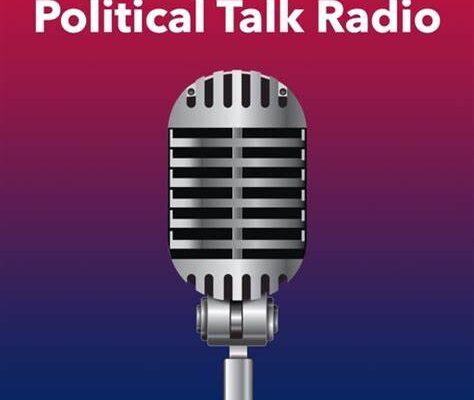
A fresh controversy has erupted in Kano State following a directive allegedly issued by the state government banning live political programmes on radio stations—a move widely condemned as a threat to press freedom and democratic dialogue.
The directive, which emerged after a quarterly meeting organized by the Kano State Ministry of Information and Internal Affairs, was signed by Sani Abba Yola, Director of Special Duties. Framed as a step to curb inflammatory broadcasts and protect the state’s cultural and religious values, the decision has sparked immediate backlash from journalists, media workers, political opposition, and civil society groups.
Ado Saidu Warawa, Chairman of the Forum of Media Executives in Kano and General Manager of Freedom Radio, denied any government interference, claiming the decision was made independently by media stakeholders concerned about rising cases of defamation by political guests.
“We saw the need to suspend these programmes ourselves because political actors were using them irresponsibly to insult and defame others,” Warawa said.
However, several journalists have dismissed that explanation, insisting the government has no constitutional or legal authority to dictate broadcast content.
Veteran journalist Abubakar Haruna Galadanci, with nearly 20 years in the industry, criticized the move, describing it as an overreach.
“Kano State has no such power. Only the National Broadcasting Commission (NBC) is authorized to regulate broadcast content,” Galadanci told DAILY POST.
Similarly, Abdurrashid Hussain, Head of New Media at Premier Radio Kano, called for transparency. “If this decision came from media executives, let them speak for themselves. The government should not hijack the narrative,” he said.
The political opposition has also voiced strong disapproval.
Ahmed Aruwa, spokesperson of the All Progressives Congress (APC) in Kano, condemned the directive as a government attempt to suppress dissent.
“This is not the NBC. The state government cannot tell broadcasters what to air. We will challenge this through every democratic channel, including the Presidency,” Aruwa declared.
He accused the government of focusing on silencing critics rather than addressing pressing governance challenges, noting that political programming remains active in other states across Nigeria.
Civil society groups have also raised the alarm.
Comrade Auwal Usman, National Director of the Awareness for Human Rights and Charity Foundation, said, “Unless there is a law backing this decision, we will not comply. It appears to be a unilateral move by the Commissioner for Information.”
Usman warned that any attempt to suppress the media under the pretext of preserving culture will face strong legal resistance.
As of now, no enforcement mechanism has been clearly outlined, and several broadcasters remain defiant. Stakeholders continue to insist that the directive violates the constitutional rights to free speech and a free press, urging the state government to respect democratic principles and clarify its stance.
The situation remains tense in Kano, with increasing calls for dialogue, legal clarity, and respect for media independence.

Comments